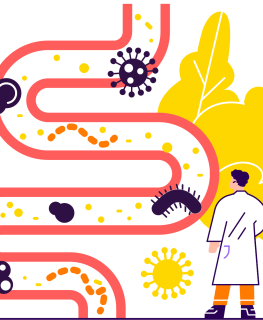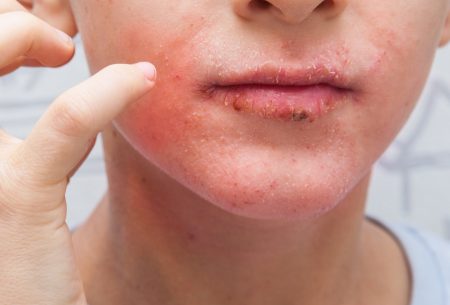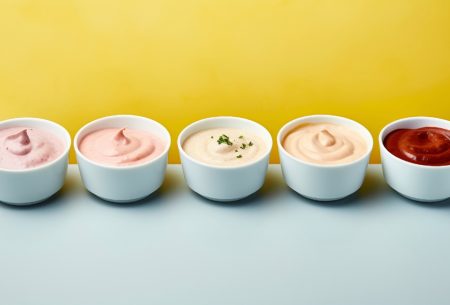If you have food allergies, conversations with clinicians can often end up focused on listing off the foods and ingredients that you cannot eat.
This narrow focus can come with its own problems. In particular, people with allergies can find themselves standing in front of the “free from” shelves in supermarkets, in an attempt to avoid certain foods or food groups.
That’s not a good place to be.
Why is this a problem?
Most of these ‘free-from’ products fall into the category of ‘ultra-processed foods, ’ which you may have seen highlighted in the media lately.
Ultra-processed food is a term used to describe food products typically containing a multitude of additives, artificial flavourings, colourings, preservatives, and other chemicals. These foods are low in essential nutrients and high in less nutritious ingredients like sugars, saturated and trans fats, and sodium (aka salt).
The term ultra-processed was introduced by the ‘NOVA classification system’, which divides all food types into four groups. Ultra-processed foods were even given their own category (group 4). If you would like to know more about ultra-processed food classifications then you might be interested in our blog by Sandy Soni which you can read here.
Foods that fall into this ‘ultra-processed’ category include carbonated soft drinks; sweet, fatty or salty packaged snacks; confectionery; mass produced packaged breads and buns, biscuits, pastries, cakes and cake mixes; margarine and other spreads; sweetened breakfast ‘cereals’ and fruit yoghurt and ‘energy’ drinks; pre-prepared meat…the list goes on.
Sadly, ultra-processed foods such as those listed above are everywhere today. Studies have shown that ultra-processed food contributes to 30-60% of most people’s overall energy intake. This isn’t great if having a nutritious diet is your goal.
How is this linked to gut health and food allergies?
High consumption of these products, and the subsequent low intake of natural food, is linked with chronic immune disorders (such as inflammatory bowel disease).
In addition to this, emerging research also shows that ultra-processed foods can also impact allergic diseases such as food allergies. Individuals who have asthma, allergic rhinitis (hayfever), eczema and food allergies and have high intake of ultra-processed foods can experience worsened symptoms.
What can you do to help?
So what can you do so you don’t end up standing in the “free from” aisle looking for appropriate foods?
There are two important steps you should take:
- Step 1: Reduce your intake of ultra-processed foods
- Step 2: Replace those ultra-processed foods with foods that naturally occur as part of a plant based diet, such as those we promote here at The Gut Health Clinic
Let’s break these steps down a little further.
Step 1: Reduce
- Reduce intake of refined grains (refining involves removal of bran and germ e.g., white bread, white rice, white flour)
- Avoid ultra-processed snacks, sweets, and sauces
- Reduce intake of processed meat (e.g., poultry and fish ‘nuggets’ and ‘sticks’, sausages, burgers, hot dogs, and other reconstituted meat products)
- Read the food label: avoid eating large amounts of products that contain ingredients like: flavourings, flavour enhancers, colourings, emulsifiers, emulsifying salts, artificial sweeteners, thickeners, and foaming, anti-foaming, bulking, carbonating, gelling and glazing agents
Step 2: Replace
- Include more:
- Raw and cooked vegetables and fresh fruit
- Wholegrains (if it’s white it’s not wholegrain)
- Legumes (beans and lentils)
- Fermented foods (sauerkraut, kimchi, tofu, tempeh)
- Nuts and seeds
- Omega 3 rich foods such as seeds (walnuts, flaxseed, linseed) and oils (cold pressed/ raw olive oil, rapeseed/canola oil, walnut oil, flaxseed oil) and oily fish
- Free range and grass fed animal products (dairy / eggs / meat)
- and where possible try to cook from fresh













